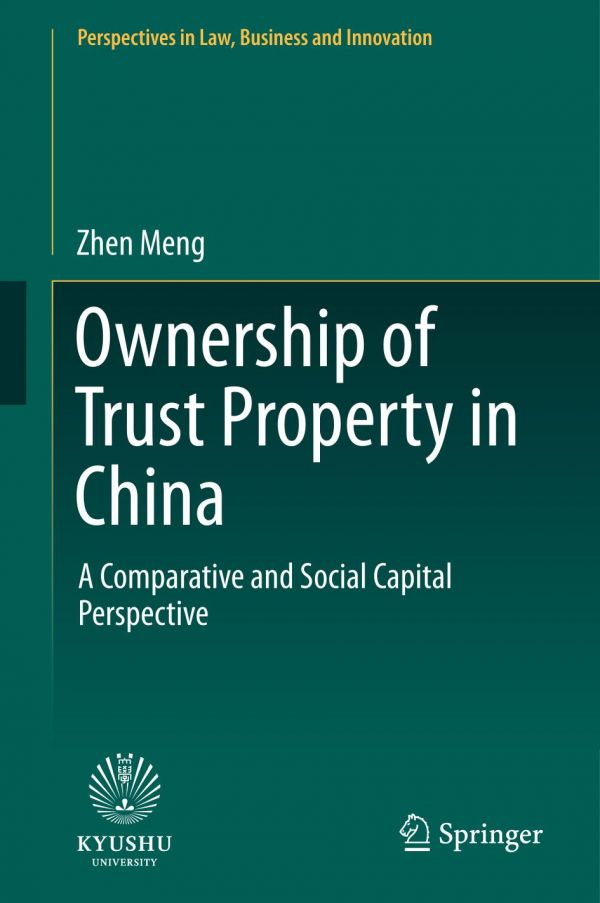

Most ebook files are in PDF format, so you can easily read them using various software such as Foxit Reader or directly on the Google Chrome browser.
Some ebook files are released by publishers in other formats such as .awz, .mobi, .epub, .fb2, etc. You may need to install specific software to read these formats on mobile/PC, such as Calibre.
Please read the tutorial at this link: https://ebookbell.com/faq
We offer FREE conversion to the popular formats you request; however, this may take some time. Therefore, right after payment, please email us, and we will try to provide the service as quickly as possible.
For some exceptional file formats or broken links (if any), please refrain from opening any disputes. Instead, email us first, and we will try to assist within a maximum of 6 hours.
EbookBell Team

4.7
56 reviewsThis book presents a hotly debated issue concerning the ownership of trust property in China. The book describes various conventional interpretations of Chinese Trust Law submitted by legal scholars and compares diverse approaches regarding the ownership of trust property provided by jurisdictions globally. The book does not directly answer the question “Who is the owner of trust property in China?” Instead, using a social capital perspective, it develops a more practical perspective to explain why Chinese trust business has grown rapidly even in lack of legal certainty regarding the location of ownership of trust property. The book also further predicts under what conditions is the time ripe to clarify the location of the ownership of trust property in China.
By employing those sociological concepts often used to depict and analyze society, this book outlines the structure of the Chinese trust business and related social relations in different stages, i.e., the current rapid
development stage, and the possible transitional stage in the near future. The focus is on how the social network structure affects the behavior of actors (such as the settlor, the trustee, and the beneficiaries, and/or their potential candidates) within the relevant section of Chinese society.The book provides readers with an intensive analysis of the impacts of historical, cultural, and social elements on the legislation and development of trust law in China. It will appeal both to lawyers interested in the Chinese trust business and to comparative law researchers and social scientists.